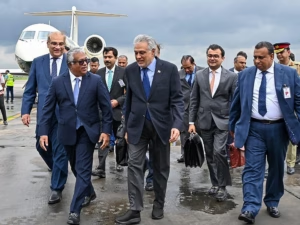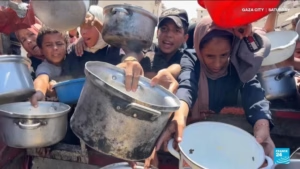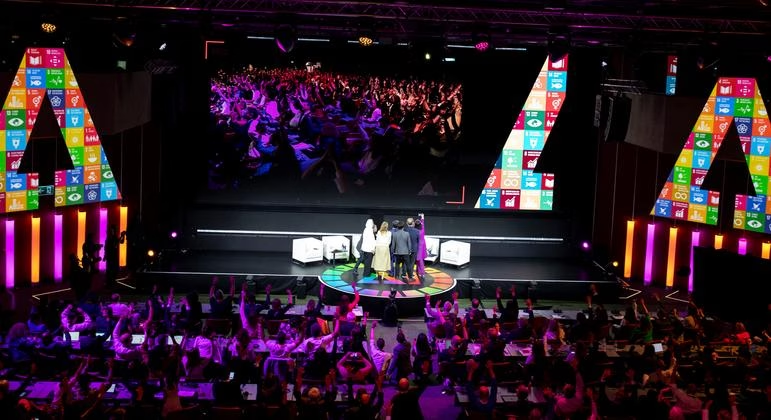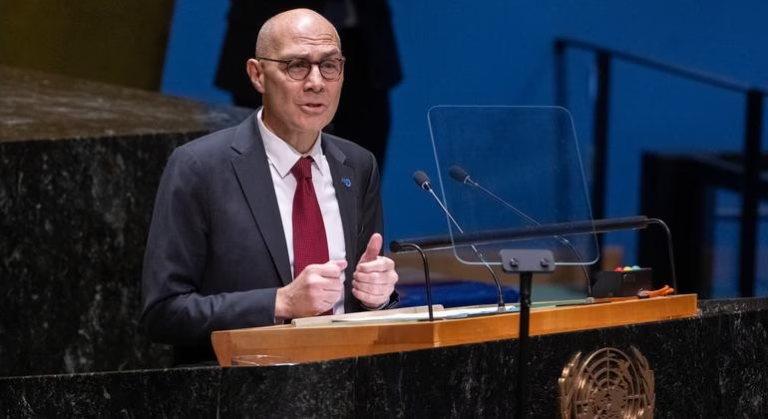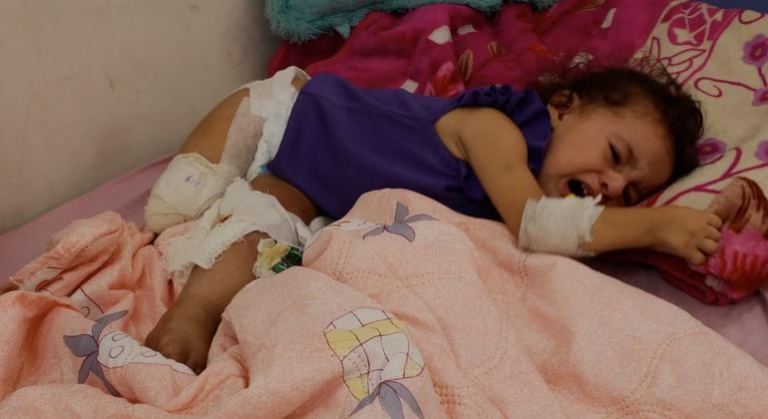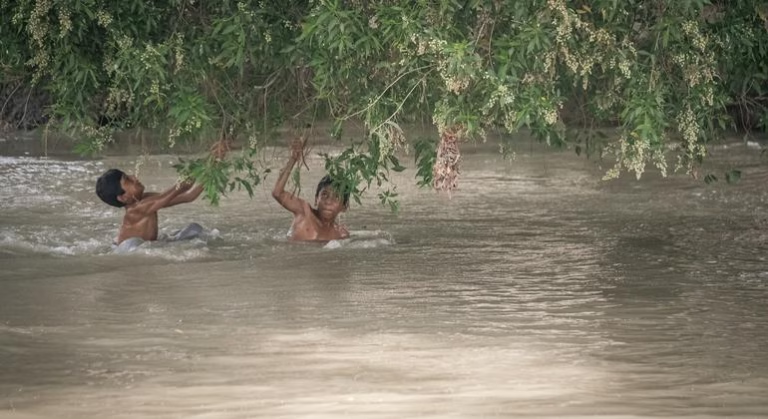The AI for Good Global Summit 2025 is a meeting point for governments, tech leaders, academics, civil society, and young people to explore how artificial intelligence can be used for the betterment of society and the environment while mitigating risks such as inequality, misinformation, and environmental degradation.
Doreen Bogdan-Martin, the chief of the International Telecommunications Union (ITU) – a UN agency focused on information and communication technology – emphasized in her keynote address that the current generation is the “AI generation.” This, however, is not just about using AI technologies but contributing to the overall societal effort of acquiring skills, from early education to lifelong learning.
Bogdan-Martin also highlighted the dangers of deploying AI without adequate public understanding and policy supervision. The main risk, according to her, is not AI becoming a threat to humanity but the hasty implementation of AI everywhere without a proper understanding of its implications for individuals and the planet.
The summit’s agenda includes over 200 demonstrations in Geneva, featuring innovations such as flying cars, water quality monitors inspired by fish, brain-computer interfaces, and AI-driven disaster response tools. Workshops will explore various subjects, including AI in healthcare and education, as well as issues like gender inclusion and global governance.
A significant portion of the summit will focus on health, with the UN World Health Organization leading a session on how AI can improve healthcare delivery, particularly in low-resource settings. Real-world applications will be showcased, along with WHO’s forthcoming Technical Brief on AI in Traditional Medicine.
The AI for Good Awards will also recognize groundbreaking projects harnessing AI for public benefit, covering categories like people, planet, and prosperity.
Bogdan-Martin urged participants at the summit’s closing to remember that the future of AI is a shared responsibility and to keep using AI in the service of all people and the planet.
Source: https://news.un.org/feed/view/en/story/2025/07/1165346

